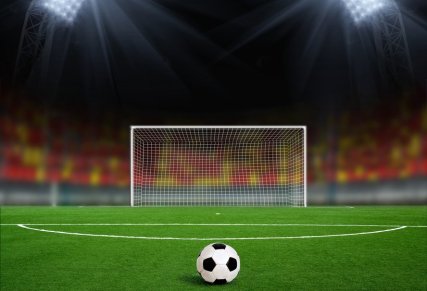From the moment that David Moyes was appointed to be Alex Ferguson’s successor as Manchester United’s Manager, the media were watching and waiting for him to fail.
But beyond the finer details of football strategy and player selections, Moyes was up against something even more powerful than the tabloid press. Something that aspiring managers in other lines of business also need to consider.
That something is the principle of Group Dynamics.
When a senior figure in any organisation moves on, whether by choice or by design, it has a big impact on the remaining members of the team. Alex Ferguson left very big boots to fill – and even people who did not like him knew that his departure meant big changes at Man U.
So while Alex Ferguson was invited to give lectures at Harvard about how to be a successful manager and leader, poor David Moyes was being spun by the PR people as “Ferguson Mark II”.
A banner was draped across the Old Trafford Stadium which read ‘The Chosen One’. Clearly a gifted manager in his own right, Moyes was expected to coach like Ferguson, manage like Ferguson – and keep the team winning just like Ferguson.
However, Group Dynamics tells us that a high performing team faced with a new boss is often so shaken up that it regresses in terms of team formation to Stage 1 of Group Dynamics – Forming.
That means a heady mixture of excitement at the prospect of a new boss, tinged with nervousness about the implications of the change. It also means that plenty of mistakes will be made.
Sadly for Moyes, the team clearly moved swiftly into Stage 2 – Storming. Tales of discontent soon surfaced from the locker room – and more importantly in the football world these days, from the Boardroom. Instead of Moyes being allowed to work through the problems with his team, the Board and the Club’s American owners took fright and he was sacked.
David Moyes never had the chance to take his team on to the next two stages where the team could have settled down (Stage 3 – Norming) and finally returned to their winning ways (Stage 4 – Performing).
So what could he have done differently? Perhaps using a different style of leadership might have helped.
Helping any team, be it a sporting team or a business team, move through all these stages needs a very responsive, flexible and dynamic leadership style. It also needs a massive degree of Emotional Intelligence to fine tune the right type of leadership styles for the fight person at the right moment.
Was it his leadership? Or perhaps David Moyes just ran out of time… I am sure that is something he will reflect on at length and the sports pundits will talk about for years.
There is a moral in this story for managers in any field who are about to step into a large pair of boots.
Be clear in your own mind just what you are taking on and how your style of leadership differs from that of your predecessor.
Use your Emotional Intelligence to recognise and respond to the Group Dynamics stage your team is in both as a group and as individuals.
Most important of all, get out there and use your own leadership skills, flexing between different styles to reassure, to develop and to inspire. Remember that you need to use those skills with the people above you in the structure as well as with the team below you!
Last but not least, make sure you have help and support from a skilful and supportive mentor or coach – it can make all the difference and help you come out of this critical process leading a loyal, motivated and successful team.
I wish for David Moyes sake, that he had had a coach of his own, who was able to help him do just that.

